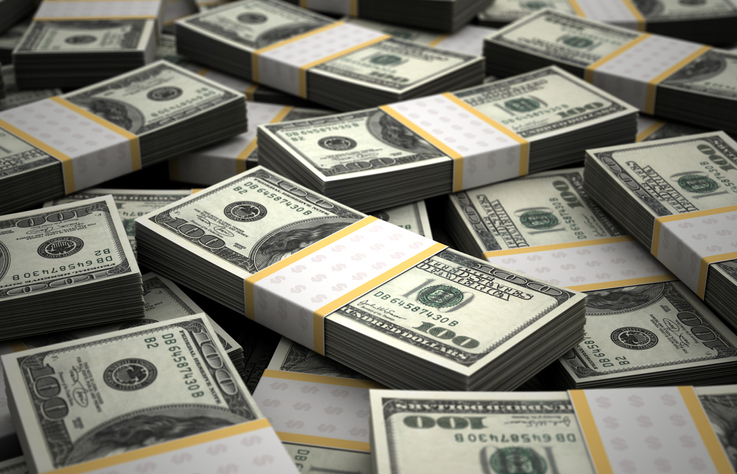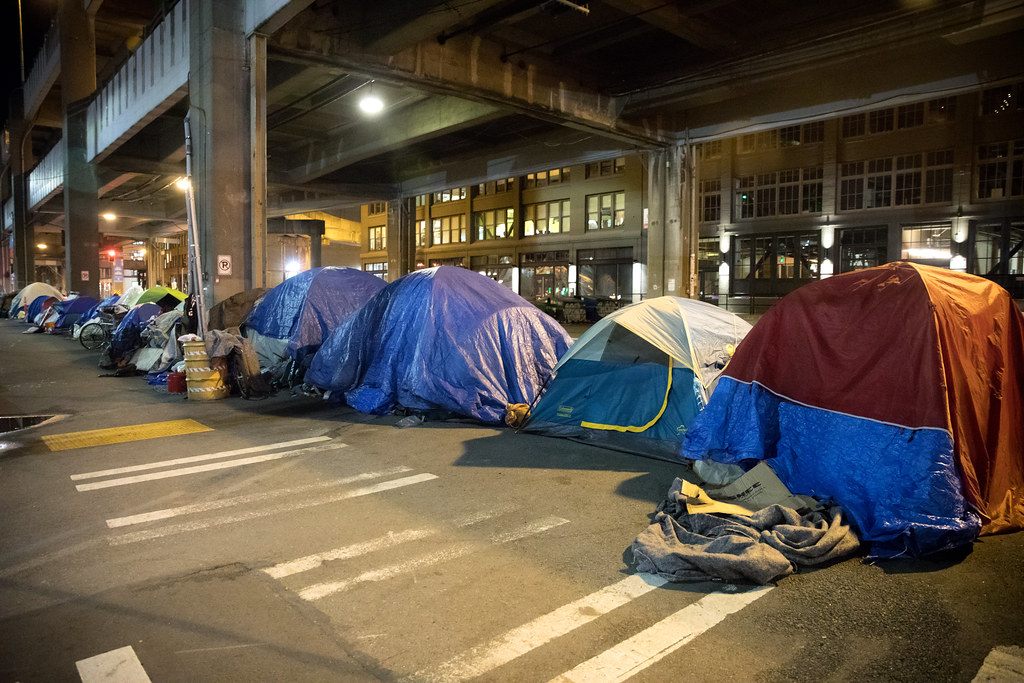As the United States struggles through a recession, political leaders are hoping a "stimulus package" will save us. There is nothing wrong with the government trying to stabilize or even energize the economy. It is the reason we craft fiscal and monetary polices. The problem with most stimulus packages is that they usually don't work.
Stimulus packages have the potential to succeed, but for several reasons, rarely do.
Unfortunately for elected officials, the Federal Reserve was created as an insulated and therefore independent agency. The President and Congress can pressure the Fed, but they can't make the Fed do anything. In addition, even if the Fed does take action, elected officials can't take any credit for the subsequent results. Politicians like to show the American people they are "doing something" and they can't do that in the realm of monetary policy. As a result, fiscal stimulus packages tend to win out over monetary ones.
Most stimulus packages rely on public works projects. It is common to hear presidents and congress promising an economic package that will build new roads, bridges and infrastructure. It sounds good, except it doesn't work. For starters, infrastructure projects are temporary. Once the bridge, road, or tunnel is completed, the stimulus is gone. Then what? We are still the same country with the same problems and the same economic environment. The only way to keep the stimulus rolling is to build another bridge, road or tunnel. Eventually, we find ourselves paying people to move piles of dirt back and forth. Such projects spread paper dollars around, but do nothing to improve the standard of living or add to a nation's wealth.
Our prosperity is a function of production, not the number of dollar bills. America is a wealthy nation because we produce a lot of stuff, not because we have a lot of dollars. For example, the nation of Ethiopia could pay all of its citizens millions of Birrs to dig tunnels throughout the country. Afterwards, each citizen would have a lot of paper money, but Ethiopia would still be a very poor country (with lots of tunnels).
Public works projects also create inflation. When the government builds stuff, they don't build consumer products. They build roads, bridges, tanks and dams. How many of you have purchased any of these things in your life? Public works projects inject billions of dollars into the economy but do not inject a single consumer good. As a result, we end up with more money in the economy but not more goods to buy. When you have the same amount of goods but more dollars, you end up with higher inflation.
Stimulus checks or tax rebates are a popular form of economic stimulus, and they are equally ineffective. Stimulus checks alter short-term behavior, sometimes. Most people in hard times will simply save the rebate. Others will spend it on a consumer product. To pull a nation out of a recession, however, one needs to alter long-term behavior. Good economic stimulus promotes long-term investment in capital, the building of new plants, investment in new technology and hiring new workers. None of that is accomplished with a rebate check. Entrepreneurs don't launch a new endeavor because every citizen has a $600 check. Investment should be based on the long-term horizon, not a one-month bump in consumer spending.
That doesn't mean all stimulus packages must fail. Governments can promote economic recovery if they craft policies that incentivize long-term investment in both jobs and consumer goods and services. The key is capital creation. When you dig a hole in the ground and call it a tunnel, the only labor needed after the job is done is for occasional maintenance. When you build a new car factory, you need thousands of workers to keep that factory running. The tunnel is a short-term project that creates temporary jobs and long-term inflation. A new factory creates new products, long-term jobs and reduces inflation. But governments don't build car factories. What government can do is make it easier for entrepreneurs to do so.
The best policies governments can adopt to encourage capital creation are long-term structural changes to our economy. These include permanent decreases in marginal income tax rates, corporate tax rates and the capital gains tax rate. By creating a hospitable, stable and predictable economic environment, entrepreneurs know what the long-term business climate will be and invest accordingly.
Rebate checks are feel-good elixirs, and public works projects just mask the symptoms. If we want a sustained economic recovery like we saw in the 1980s and 1990s, we will need to be patient, avoid economic gimmicks, and understand that wealth comes from production, not more dollars.
Mathew Manweller is Associate Professor of Political Science at Central Washington University and an Adjunct Scholar for Washington Policy Center, a non-partisan independent policy research organization in Seattle and Olympia.



